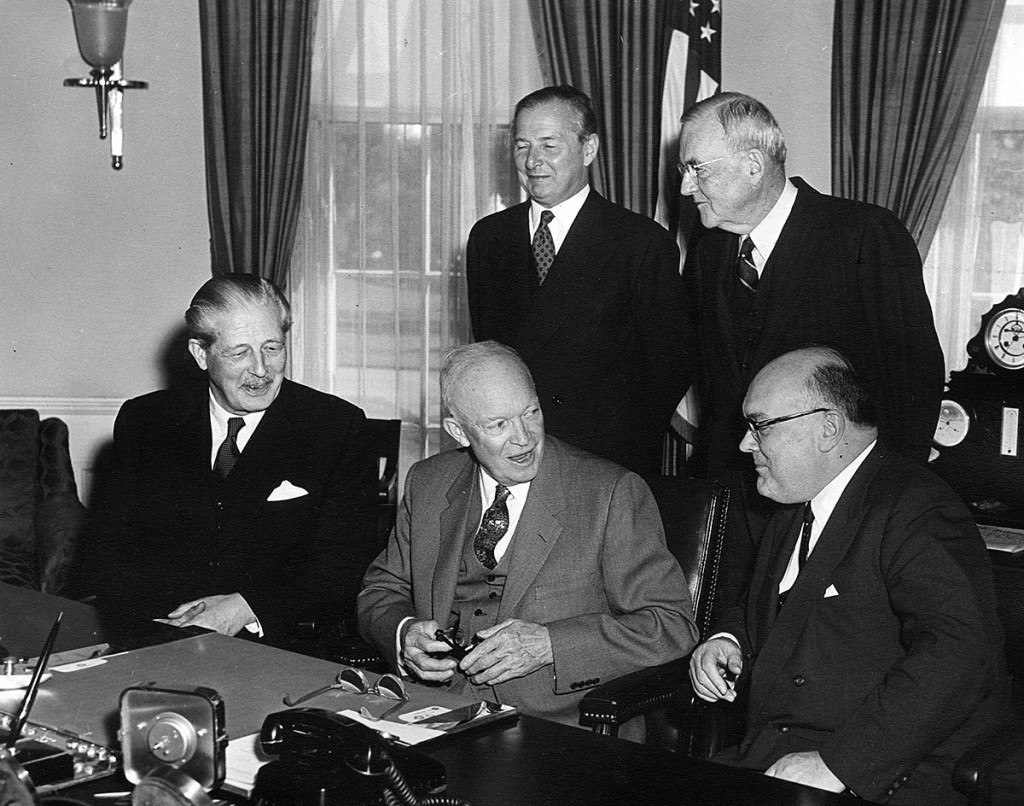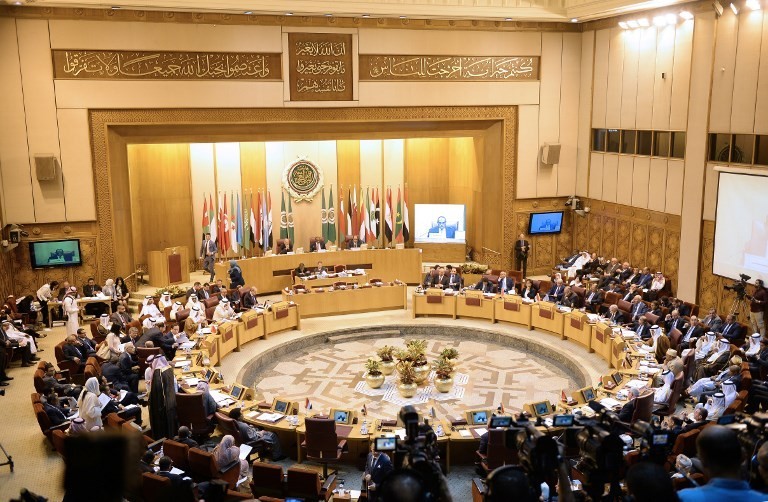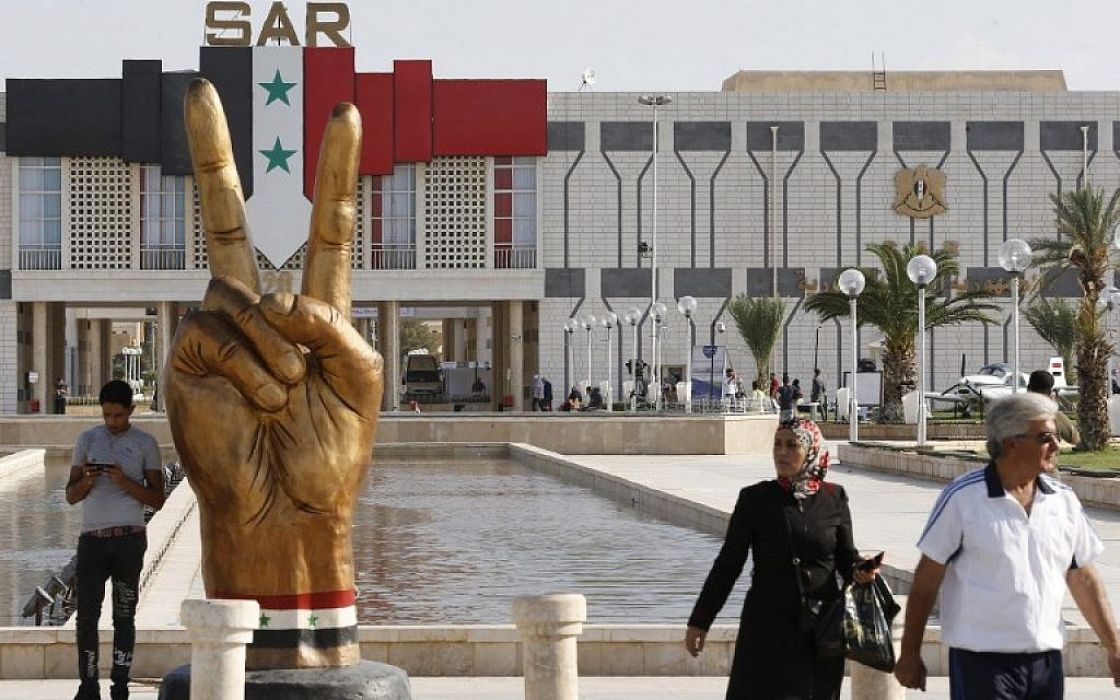- Articles
- Posted
Operation Alpha, Version II Why “Normalization with the Regime” and Why “Normalization”?
Anyone who is aware of the political dictionary used in Syria, and indeed in most Arab countries as well, knows perfectly well that the word “normalization” is reserved in popular consciousness and memory, and even in the memory of official and unofficial political deliberations, to mean one thing: normalization with “Israel”. It suffices for someone in our region to say they are against normalization, to understand from this to mean that they are against normalization with the Zionist entity.
The word “normalization” is used in the broader political world, whether in English or in the corresponding forms in practically all languages, and it generally means restoring regular or normal conditions between two rival countries, between whom the situation was previously normal and then deteriorated.
Nevertheless, the Arabic political dictionary, and due to the importance and centrality of Palestine therewithin – whether in the hearts and minds of the general public or within the rhetoric of the regimes – has not dealt with the word “normalization” for decades except from a position of rejection and as an expression of one issue only, which is as we mentioned is normalization with “Israel”.
Insisting on inventing a new role and meaning for the word “normalization”, by using it in the context of mutual rapprochement between the Syrian regime and Arab regimes, and then repeating the word in its new and old meaning at the same time (news of Arab regimes normalizing with the Zionist entity are also very frequent these days). All of this does not have a hidden purpose, but on the contrary, it is clear and obvious.
The link here is not purely linguistic – although this is of great importance in the world of politics and the world of efforts to control and influence social consciousness – but it has its prominent political and economic evidence.
1- How can the Jordanian role be understood, a role that has not deviated from a fixed direction drawn since the days of the Emirate of Transjordan until now? Can the regime, whose country was the headquarters of the MOC, be a launching pad for a solution to the Syrian catastrophe?
2- How can the rush towards the so-called “Arab gas pipeline” be explained, even though everyone has now become aware of its connection to “Israeli” gas, i.e., connection to stolen Palestinian gas? (A complete file prepared by the Kassioun Research Unit on the “Arab” gas pipeline can be downloaded here, in Arabic, but most of the content can also be found in English on the Kassioun website).
3- Can the UAE, with its brazen and overt role in the process of normalization with the Zionist entity, be a sponsor and supporter of any “resistance” against it? Are the UAE and Jordan not publicly stating that their rapprochement with the Syrian regime is for the purpose of alienating Iran and Hezbollah? Do the two countries, along with other Arab countries, not declare that their enemies in the region are Iran and Turkey, and even add from time to time in official and semi-official ways that they see “Israel” as an ally in this polarization?
The general context of “Alpha”
Operation Alpha is primarily an American intelligence operation, in which the British later participated. It was approved and implemented in early 1955, that is, with the completion of the formation of the “American intelligence community”, during Eisenhower’s presidency.
During that period, American concerns in the Middle East could be summarized by the following issues:
A- How could Washington inherit the greater part of Britain’s “properties” (and France’s, of course, but France was too weak to defend its “properties”, while Britain had a residue of strength) without getting into a severe conflict with it, so as to avoid splitting the West’s ranks in the inevitable confrontation with the Soviet Union and China?
B- How could Washington, within the bequeathing process, get its hands on all or most of the oil in the Middle East?
C- How could the entire region be turned into a “friend” of the West and a frontline with the Soviet Union and China? Within this concern, there was work on the “politics of alliances”, the most important of which at that time was the Baghdad Pact project.
One of the main points of intersection among all these concerns related to the future of Palestine, and in answering a central question, which is how the Americans could:
1- Inherit “Israel” from Britain?
2- Preserve “Israel” as a striking arm in the entire region after new balances of power emerged in the region post 1948; within these balances, it was clear that the degree of organization of the various Zionist gangs (Haganah, Stern, Irgun, and others) and the degree of organization of the Jewish Agency and its international influence are much higher than the degree of organization of the Arab powers at the time, militarily and politically?
3- Preserve “Israel” as a “natural” divider that blocks Egypt as the largest and most important Arab power at the time, behind Sinai, so that the Suez Canal remains a “peaceful” and controlled passage; as well as because the independence of Syria and Lebanon, through Soviet pressure at the time, in addition to the internal resistance, preceded Egypt’s independence, and came as an independence with open possibilities and without actual privileges for the French, and good relations from the beginning with the Soviet Union; (this is what triggered the coups and other tools, through modern Syrian history, to recover privileges in indirect forms, starting with the American Tapline Agreement, for the passage of which Hosni al-Zaim’s coup took place, and ending with the “social market economy” policies)?
A necessary pause
The above historical narrative necessitates a comparison between the situation of Syria and its political forces during the days of the “Tapline Agreement” (short for: Trans-Arabian Pipeline), and its situation today during the days of the “Arab Gas Pipeline”.
The Tapline Agreement is an agreement to extend pipelines for transporting oil, which provided for the passage of transport lines from the oil sources in the Gulf to the Palestinian port of Haifa. After the occupation of Haifa, the line was modified to pass through the Syrian Golan to the Lebanese port of Sidon, and from there across the Mediterranean to Europe and the United States.
The main Syrian political forces at the time, including the Communist Party as well as the Syrian Parliament, stood firmly against this agreement; not because the pipeline passes through “Israeli” occupied lands, not because there are “Israeli” tributaries flowing into this line, and not because the source of oil therein is “Israeli”, but simply because those Syrian political forces knew that the project serves the colonial countries that support “Israel”.
“Alpha”
Before talking about Alpha’s goal and some of its details, it should be noted that it came as part of Washington’s broader plan in the Middle East, which included a “Northern Belt” of the Middle East that comprised Turkey, Iran, Iraq, and even Pakistan (which is what the Baghdad Pact focused on). It also included a middle belt that comprised Jordan, the Gulf states, and occupied Palestine, for which the cooperation scheme for Jordan’s water was designed, and whose goal was to try to integrate “Israel” into the region, with Jordan’s help, with reliance on Jordan’s waters, which later developed into Jordan’s electricity as the Araba Wadi Agreement shows.
As for Egypt, the Alpha plan had prepared for it – which is summed up in the need to reach, with its new regime, the Free Officers regime led by Abdel Nasser – a separate “conciliation” with “Israel”, after which Egypt would set out to lead the rest of the Arab world for similar “conciliation” processes.
The attempt to push Egypt to play this role came with pressuring tools on the one hand, and temptation tools on the other. The temptations in most cases did not exceed promises of economic and development aid and even a promise of financial assistance for the High Dam project, as well as assistance with arms deals. This came within political conditions related to the Palestinian cause, and relating to Egypt’s international positioning, including pressuring it not to attend the Bandung Summit, and then waving threats, after the first arms deal with the Soviet Union through China in 1955.
Conducting a historical evaluation of the results of the Alpha plan – although Abdel Nasser should be commended for firmly standing against it until the last day of his life – shows that it succeeded in reaching its goals thereafter in one way or another, through Camp David, which opened the door towards Wadi Araba and Oslo.

Alpha, Version II
Henry Kissinger, the fox of American politics and a fierce advocate of Zionism, is credited with saying: “there is no war without Egypt, and no peace without Syria”. This saying perhaps contains a lot of truth, and what is meant, of course, is war and peace for the “Israeli” entity.
The conditions that our region is experiencing now bear many similarities with the post-WWII era, at least in that that period and the current period are both transitional periods between an old international balance and a new international balance, and in that the most important locations of geographical conflict over international balance are our own region. This region was in the second half of the twentieth century the second point from which the Cold War began right after Berlin. One evidence of this, in addition to the trilogy that emerged later (Baghdad Pact, Jordan Waters, Alpha plan), is that Roosevelt, immediately after the Yalta talks, and without returning to the US, went to the Great Bitter Lake aboard the SS Quincy and met with Saudi King Abdul al-Aziz Al Saud and Egyptian King Farouk. In these two meetings, and as documents reveal, one of the main issues he discussed with each of the two kings is the Jewish immigration issue.
There were, even as illustrated by the text above, several similarities, some in their form: the “Trans-Arabian Pipeline” and “Arab Gas Pipeline”, and the Baghdad Pact or the Northern Belt project and the “Arab NATO” project. Although there were some different participants in this and that, they share two key matters: one of their pillars is “Israel” and their affiliation is purely Western (and hostile to Russia and China). So much so that some Western literature, to clarify the importance of the Alpha plan and the tripartite plan for the Middle East as a whole, has come to call it the “Battle of the Century”, that is, the battle of the twentieth century, as the place where the international balance can be disrupted. This should immediately bring to mind the twenty-first century’s “Deal of the Century”, because its sponsors aspire to, in parallel with a number of projects that overlap therewith, having it be able to settle the balances of the twenty-first century.
Back to “Normalization with the regime”
Returning to the starting point, the path that the US, as well as “Israel”, is seeking to push the entire region to follow (even if it includes general recipes such as an “Arab NATO” and an “Arab gas pipeline”, etc.) is in accordance with Kissinger’s saying that “there is no war without Egypt, and there is no peace without Syria”. After unfortunately securing the first part of it, the focus now is on the second part, at least in the foreseeable future.
This focus had begun with an attempt to end the existence of Syria in its entirety. After this objective faltered with the direct entry of Russia at the end of 2015, it moved towards military and then economic attrition, while working to perpetuate and prolong the de facto division as much as possible, leading to a “historical bargain” that the Americans and Zionists hope for and that is summed up in activating and perpetuating a severe polarization in the entire region in which the Arabs and “Israel” are on one side, in the face of Turkey and Iran on the opposite side, and certainly Russia and China behind Turkey and Iran. This in itself is a strange paradox in the historical sense, since the mid-twentieth century alignments along with the Arab liberation movement activity, the positions of Iran and Turkey were purely Western. Of course, the Arab kingdoms remained in the same subordinate trench, except for Egypt, which came out temporarily with Abdel Nasser and started building an independent role that was overthrown soon after his departure.
The summary
What the Gulf and Arab media call the process of “changing the regime’s behavior” and “normalization with the regime” is not intended in any way to open the door to sound relations between Syria, as a state, and other Arab states, and it is also not intended to get Syria out of its crisis or improve the conditions of its people. Rather, what is clearly intended is to gradually (but quickly) pull Syria out of its historical alignment, towards a new alignment in which it becomes not economically Western in terms of the big dominant and corrupt rulers therewithin (regime and opposition), but also overtly politically Western, within the new eastern-western polarization, whose main tool is to get everyone in a war against each other within the peoples of the region, while ensuring that any war, or even any battle, stays away from “Israel”.
At the same time, a distinction should be made between this type of Western schemes, and the necessity of restoring sound relations between the Syrian state and the Arab states. Such relations cannot be established in a true and equal manner without a comprehensive political solution based on UNSC Resolution 2254, that allows Syria to restore its people’s sovereignty and territorial sovereignty, as well as its regional role which was anchored by geopolitics, but before that was anchored by its founding fathers, starting with the martyr Youssef Al-Azma.




